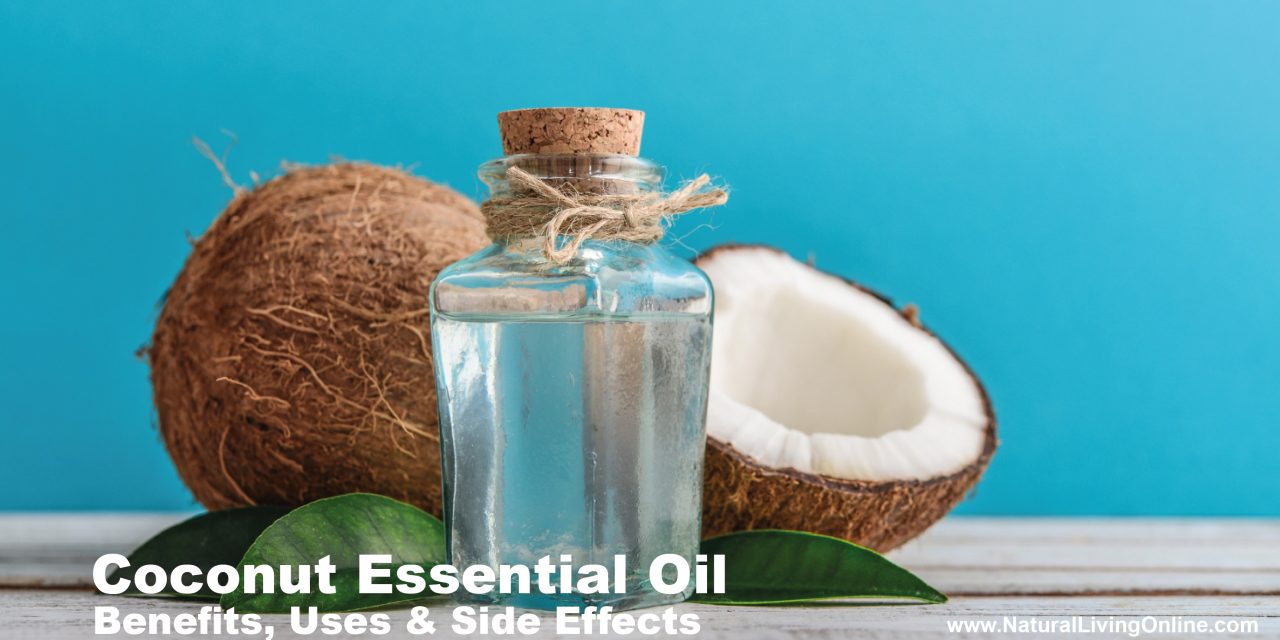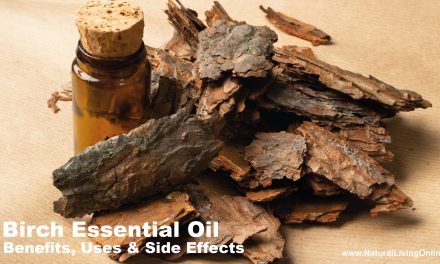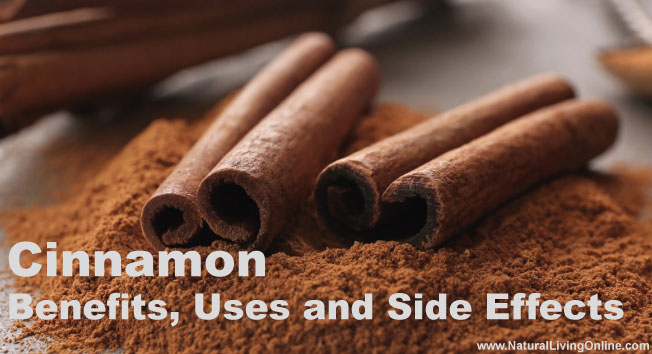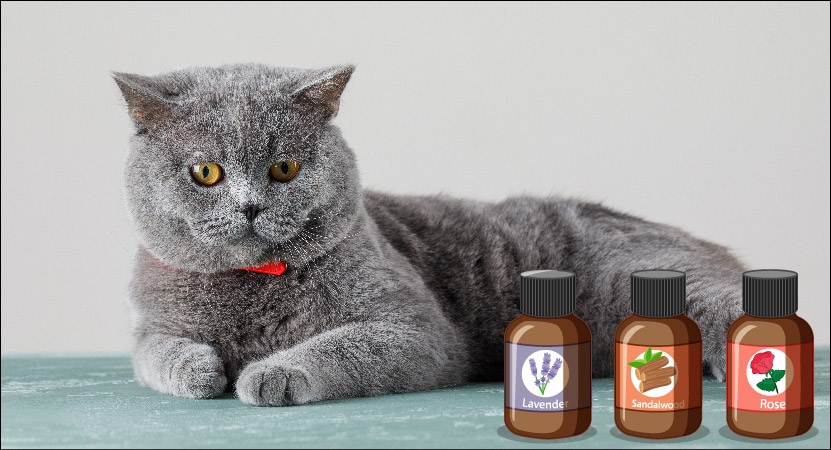Coconut essential oil, known for its versatile applications and health benefits, has gained popularity in the realms of skincare, nutrition, and alternative medicine. It is extracted from the kernel or meat of mature coconuts. It comes in various forms such as virgin coconut oil, unrefined coconut oil, and organic coconut oil. Each type retains specific properties and potential benefits. Among these, virgin coconut oil is considered the most beneficial due to its extraction process, which preserves the natural nutrients.
The use of coconut oil extends beyond traditional cooking. It’s incorporated in a variety of beauty and health routines. The oil is celebrated for its moisturizing effects on skin and hair, often used to soothe dryness and add shine. In terms of health, coconut essential oil contains fatty acids known to have antimicrobial properties. These fatty acids potentially support the immune system and overall well-being. Nonetheless, users should be aware of the potential risks and side effects associated with its use, like possible allergic reactions or skin irritation in sensitive individuals.
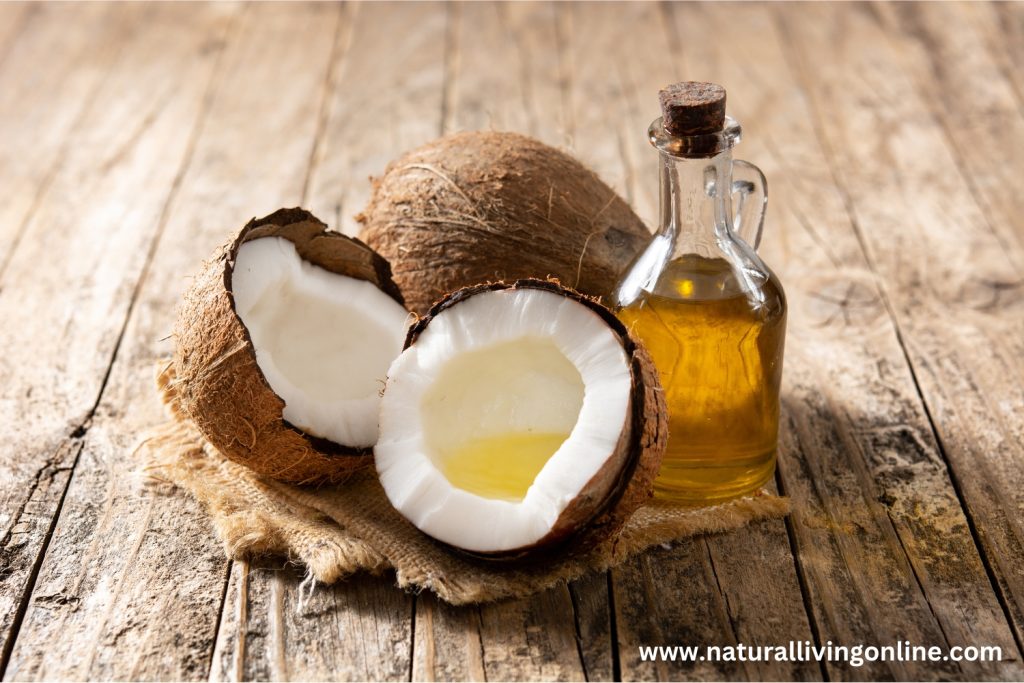
Key Takeaways
- Coconut essential oil offers moisturizing benefits for hair and skin.
- It is available in several types, including virgin and unrefined varieties.
- Awareness of possible side effects is crucial when using coconut oil.
Essential Oil Benefits
Botanical Name: Cocos nucifera
Common Names: Coconut
Plant Family: Arecaceae (Palm family)
Countries of Origin: Coconut trees are native to tropical regions, including Southeast Asia, the Pacific Islands, and parts of Africa.
Extraction Method: Coconut essential oil is typically extracted through a process known as cold-pressing or expeller pressing of the dried coconut kernel, also known as copra.
Parts Used: Kernel (Copra)
Essential Oil Smell: Coconut essential oil has a sweet, tropical, and nutty aroma reminiscent of fresh coconut meat. It is often described as warm, creamy, and comforting.
Essential Oil Color: Clear to pale yellow.
Viscosity: Thin
Perfumery Note: Middle Note
Strength of Aroma: Medium
Blends Well With
- Floral oils like jasmine and ylang-ylang
- Citrus oils such as lemon and bergamot
- Woody oils like sandalwood and cedarwood
- Spice oils like vanilla and cinnamon
Therapeutic Properties
- Moisturizing
- Nourishing
- Antioxidant
- Anti-inflammatory
- Antimicrobial
- Emollient
Uses
- Skincare: Coconut oil is widely used in skincare products for its moisturizing and nourishing properties. It helps hydrate the skin, improve skin elasticity, and protect against moisture loss. It’s used in lotions, creams, balms, and massage oils.
- Haircare: Coconut oil is popular in haircare products for its ability to condition and strengthen the hair, reduce frizz, and promote healthy hair growth. It’s used in shampoos, conditioners, hair masks, and hair serums.
- Aromatherapy: While coconut oil is not typically used in aromatherapy in the same way as essential oils, its pleasant aroma can contribute to a relaxing and tropical atmosphere when used as a carrier oil for diluting essential oils in massage blends or diffuser recipes.
- Culinary: Coconut oil is commonly used in cooking and baking as a healthy alternative to other cooking oils. It adds a subtle coconut flavor and aroma to dishes and is suitable for high-heat cooking methods.
Contraindications
- Coconut oil is generally safe for most people when used topically or ingested in moderation. However, individuals with coconut allergies should avoid using coconut oil or products containing coconut-derived ingredients.
Side Effects
- In rare cases, coconut oil may cause allergic reactions or skin irritation in individuals with sensitivities to coconut-derived ingredients. Perform a patch test before using it topically, especially if you have sensitive skin.
- While coconut oil is considered safe for most people when used topically or ingested in moderation, excessive consumption may lead to digestive issues due to its high fat content.
Chemical Constituents with Percentages
- Coconut oil primarily consists of saturated fats, with medium-chain fatty acids such as lauric acid, caprylic acid, and capric acid making up the majority of its composition. The exact percentages of these fatty acids can vary depending on factors such as the extraction method and coconut variety.
Composition and Types
In understanding coconut oil, discerning between its types and unique composition is crucial. Each type possesses distinct characteristics and benefits, influenced by their extraction methods and fatty acid profiles.
Virgin vs. Refined Coconut Oil
Virgin Coconut Oil is extracted from the fresh meat of the coconut and retains most of its natural compounds, giving it a distinct, tropical aroma and flavor. This type of oil is unrefined and has not undergone a hydrogenation process, preserving its natural state. It is often praised for its higher levels of antioxidants and beneficial compounds.
In contrast, Refined Coconut Oil originates from dried coconut meat, known as copra, and undergoes further processing, including bleaching and deodorizing to neutralize the flavor and scent. This type of oil is more suited to high-temperature cooking due to its higher smoke point.
Fractionated coconut oil:
A liquid form of coconut oil that has been fractionated to separate certain fatty acids, leaving behind only the medium-chain triglycerides (MCTs). It remains liquid at room temperature and has a longer shelf life.
Coconut oil is rich in Saturated Fats, predominantly Lauric Acid, which accounts for about 50% of its fatty acid content. Lauric acid is known for its antimicrobial properties and contributes to the oil’s stability and shelf life.
Skin and Hair Care Benefits
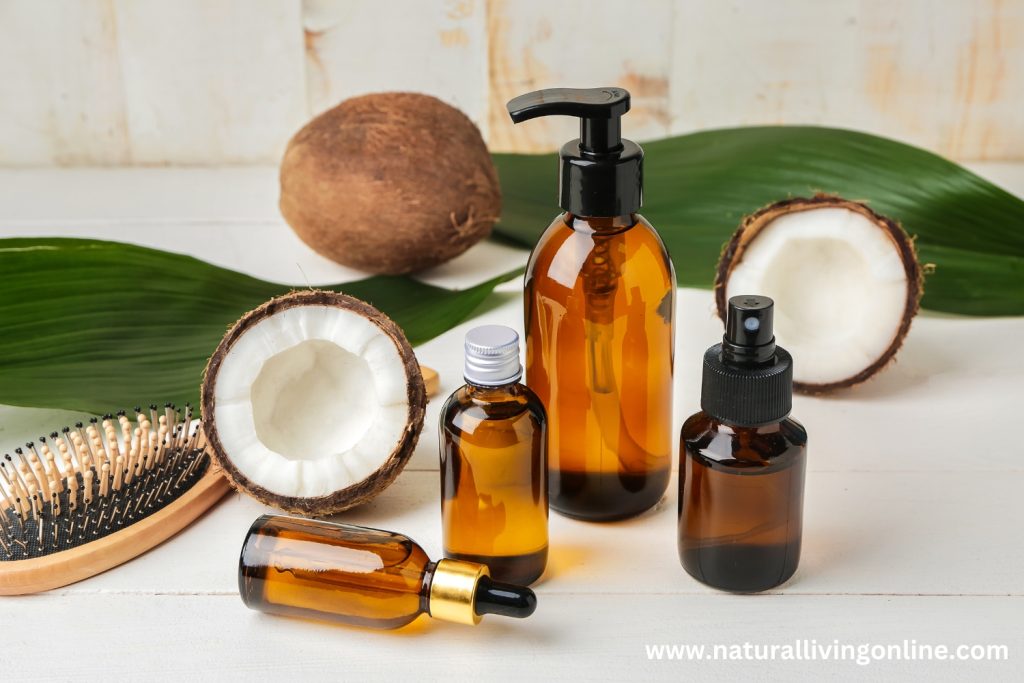
Coconut oil, esteemed for its high concentration of fatty acids, provides significant benefits for skin and hair care, particularly due to its moisturizing and antimicrobial properties. Its rich content of antioxidants, such as vitamin E, delivers essential nourishment, especially for managing dry skin and hair.
Moisturizing Properties
Coconut oil is a powerful emollient, making it an excellent moisturizer for skin and hair. Its unique ability to penetrate the skin helps to restore moisture, thereby alleviating the discomfort associated with dry skin and conditions like eczema. Studies have highlighted that coconut oil not only hydrates the skin but also improves its barrier function.
- For Skin: Enhances hydration and retains moisture
- For Hair: Reduces protein loss and strengthens strands
Antimicrobial Effects on Skin
The antimicrobial properties of coconut oil are attributed to its content of lauric acid, which can help protect the skin against harmful microorganisms. This characteristic of coconut oil makes it a beneficial agent for reducing the risk of skin infections.
- Effective against a range of bacteria and fungi
- May assist in preventing the proliferation of acne-causing bacteria
Nourishing Hair Treatment
Coconut oil serves as a rich nourishing hair treatment, combating dandruff and promoting scalp health. Due to its ability to deeply condition and moisturize, it can enhance hair’s sheen and softness. Regular application of coconut oil to hair is known to prevent hair breakage and split ends, supporting the growth of stronger, healthier hair.
- Imparts shine and softness to hair
- Helps in controlling dandruff and promotes scalp health
Health and Nutritional Profile
Coconut oil has a distinctive nutritional profile that provides various health benefits while also having considerations for certain health conditions. Its composition includes medium-chain fatty acids that are metabolized in unique ways, affecting cardiovascular health, weight management, and dental health.
Cardiovascular Health
Coconut oil contains saturated fats, mainly consisting of lauric acid, capric acid, and caprylic acid. Unlike long-chain fatty acids, these are absorbed directly for quick energy use. Studies indicate that coconut oil can raise HDL (good cholesterol) levels, although it may also increase total cholesterol levels, including LDL cholesterol.
Weight Management and Metabolism
These fatty acids can promote a sense of satiety and may support weight loss efforts by increasing energy expenditure. It has been suggested that coconut oil consumption can help in the production of ketones, which are a more efficient energy source, potentially aiding in fat-burning processes and enhancing brain function.
Dental Health and Oral Care
Coconut oil is often used in oil pulling, a traditional dental technique. Its antimicrobial properties, especially attributed to lauric acid, may protect against oral pathogens, potentially improving dental hygiene and health. As a mouthwash, coconut oil can contribute to reducing harmful bacteria and improving oral health.
Culinary Uses and Considerations
Coconut oil has established itself in the culinary world owing to its unique properties and versatility. It can substitute for other oils or butter in an array of recipes, and understanding its smoke point alongside its calorie content is pivotal for its effective use in cooking.
Cooking and Food Preparation
When it comes to food preparation, coconut oil is a favorite among many chefs for its stability at high temperatures. Unlike other vegetable oils, refined coconut oil has a high smoke point of about 400 degrees Fahrenheit, making it suitable for frying and sautéing without breaking down and oxidizing, which can adversely affect flavor and nutrition. In baking, it can be a dairy-free alternative to butter, providing a slight coconut flavor to dishes, and is even utilized in raw recipes as a binding agent due to its solid state at room temperature.
- Frying & Sautéing: Refined coconut oil is optimal.
- Baking: Can replace butter; may impart coconut taste.
- Raw Recipes: Useful as a binding agent.
Caloric Content and Moderation
Despite its health appeal, coconut oil is high in calories, akin to other oils like olive oil. With around 120 calories per tablespoon, it is vital to use coconut oil in moderation, especially in diets where calorie control is important. While coconut oil does provide beneficial medium-chain fatty acids, which have been cited as metabolism-boosting, it should not be overused, as calorie-dense oils can contribute to weight gain if not balanced with overall calorie intake.
- Caloric Comparison:
- Coconut Oil: ~120 calories/tbsp
- Olive Oil: ~119 calories/tbsp
- Butter: ~102 calories/tbsp
Using coconut oil as a staple in cooking should be balanced against other dietary fats to maintain a varied and moderate approach to fat intake.
Potential Risks and Side Effects
While coconut oil is heralded for its numerous health benefits, it also carries potential risks and side effects, particularly when consumed in large quantities or applied topically by those with sensitivities.
Impact on Cholesterol and Heart Disease
Coconut oil contains a high amount of saturated fats which can influence cholesterol levels. The American Heart Association recommends limiting saturated fat intake due to its association with increased risk of heart disease. Some studies suggest that coconut oil may raise total cholesterol and low-density lipoprotein (LDL) cholesterol, which is often termed “bad” cholesterol, potentially heightening the risk of heart disease.
Skin Sensitivity and Allergies
When applied to the skin, coconut oil can cause allergies or inflammation in individuals with sensitive skin. While it is generally considered safe for topical use, some people may experience irritation or allergic reactions. These reactions can be due to the various chemicals found naturally in coconut oil or from the processing methods used to extract the oil. It’s always prudent to perform a patch test before using coconut oil, or any new product, extensively on the skin.
Frequently Asked Questions
What are the potential skin benefits of using coconut essential oil?
Coconut essential oil can deeply penetrate and soften the skin, working as an emollient. Its moisturizing properties help in maintaining skin hydration and protecting the skin barrier from environmental damage.
Can consuming coconut essential oil on an empty stomach provide health benefits?
There is limited information suggesting benefits of consuming coconut essential oil on an empty stomach. Generally, coconut oil is known to help reduce hunger, but advice from a healthcare professional should be sought for individual dietary needs.
Are there any gender-specific benefits associated with coconut essential oil?
Research does not typically distinguish between gender-specific benefits of coconut essential oil. Its properties, like moisturizing and antimicrobial effects, are generally considered universal.
What are some of the known side effects of applying coconut essential oil on the skin?
Some individuals may experience skin irritation or allergic reactions when applying coconut essential oil to the skin. You should conduct a patch test, or blend it with a carrier oil before widespread use.
How does the regular consumption of coconut essential oil affect your health?
Regular consumption of coconut oil, which contains high levels of saturated fats, can impact health by potentially increasing cholesterol levels. Make sure to consume in moderation and be aware of the nutritional content of coconut oil.
What should you consider before incorporating coconut essential oil into your routine?
Before incorporating coconut essential oil, consider your allergy status, existing health conditions, and personal health goals. Consulting with a healthcare professional can provide tailored recommendations for its use.
References:
Coconut oil: What do we really know about it so far?
Health Effects of Coconut Oil-A Narrative Review of Current Evidence
Coconut Oil: Chemistry, Production and Its Applications – A Review
This website does not provide medical advice.
All information provided on this website, and on associated social media networks, including but not limited to texts, images, and numbers are for general information purpose only. It is not intended as medical advice and it does not include all possible precautions, side effects, or interactions that may occur. Neither NaturalLivingOnline.com nor its author/founder take responsibility for how you use this information. Statements contained on NaturalLivingOnline.com have not been evaluated by the FDA. You should conduct thorough research via multiple sources and consult your physician or qualified doctor before using any essential oil or herbal remedy. Information on NaturalLivingOnline.com must not be relied upon for medical, legal, financial or other decisions.

